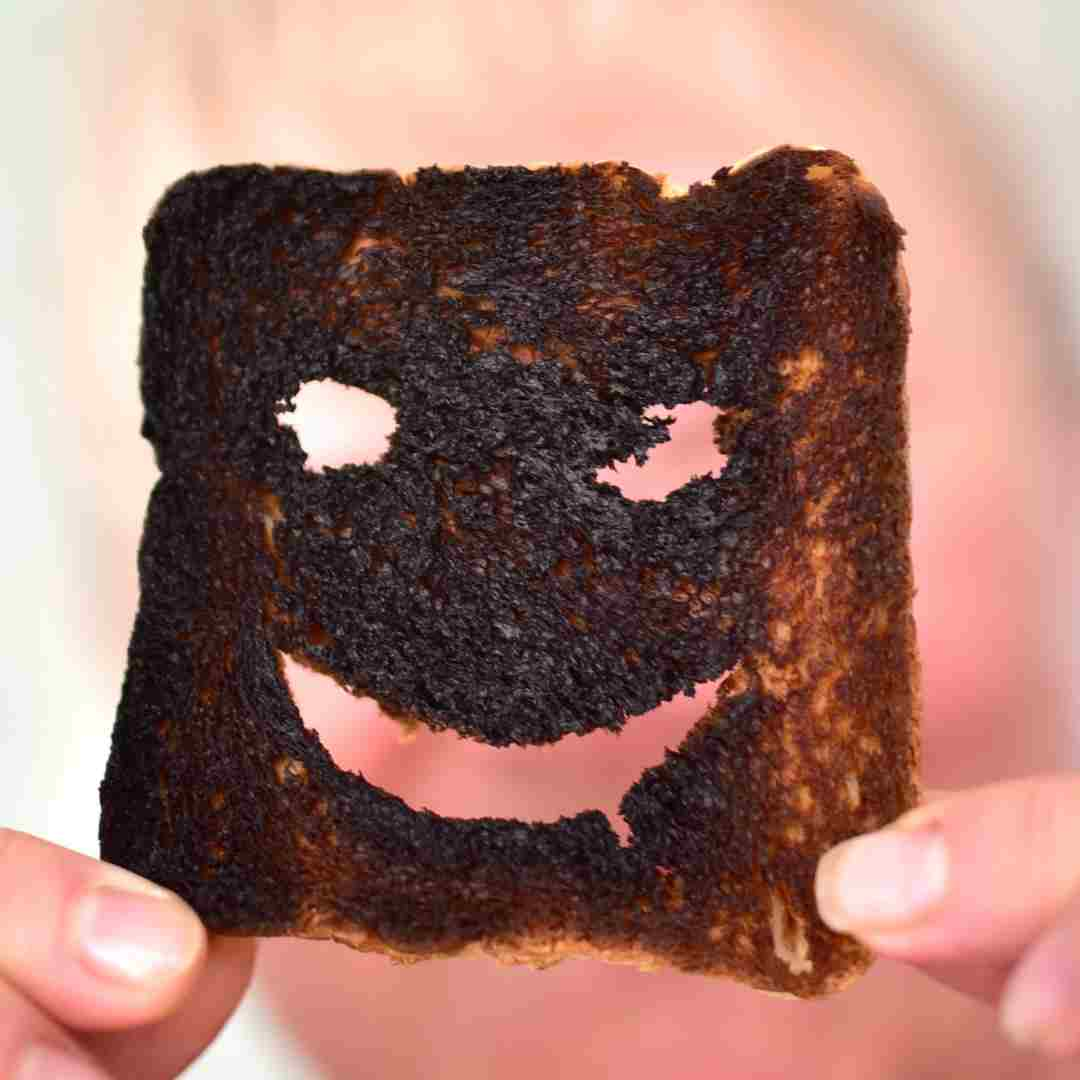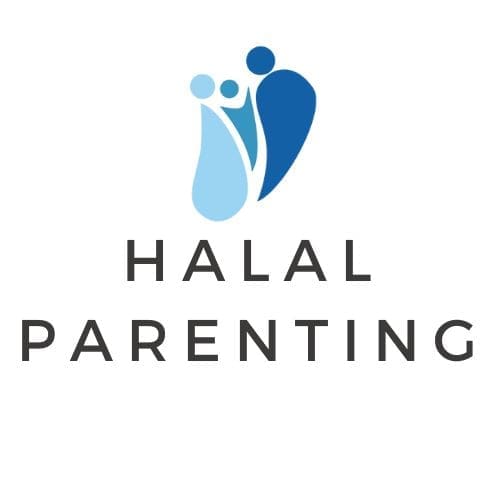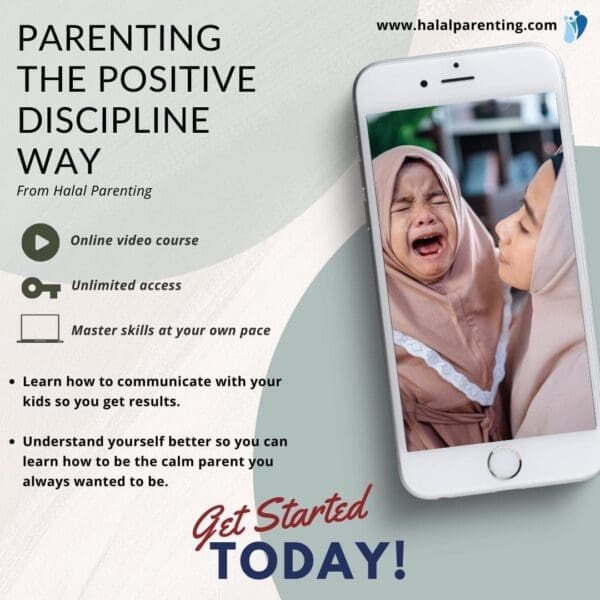Toxic Parenting: Using Sarcasm To Mock Your Kids

Joking and laughing are great ways to ease the tension and make light of what would otherwise be a stressful situation. Alhamdulillah, we are rewarded when we bring a smile and joy to someone else. But when we use sarcasm as a way to release our own frustration and make jokes at the expense of our kids, then we’ve crossed a line.
Am I being sarcastic?
This is when we go against the prophetic example and feed our own ego and sense of superiority over the well-being of our kids. Here are some examples…
- Your child goes to pour cereal in the bowl and it goes everywhere but the bowl. You say, “Good job.”
- Your child comes home with a failing grade and you say, “Very clever.”
This kind of response is caustic and constitutes verbal aggression.
How it plays out with younger children
Sarcasm is a cultural norm, but when we use it with young children, they don’t understand the nuances which can lead to confusion. If, for example, your child chews with their mouth open, and you say..
“I just love the way your food looks all chewed up inside of your mouth,” your child may think:
“I should eat with my mouth open more often,” if they are young enough to take everything you say literally.
If they’re old enough to understand sarcasm, however, they will feel hurt by your comment that is humiliating, biting, and critical.
What am I teaching my child?
Does it teach your child a valuable lesson in table manners and etiquette? No.
This type of communication is passive aggressive and can cause real, lasting damage to a child’s self-esteem, and to their relationship with their parent.
However tempted you feel to make a sarcastic comment at the expense of your child, ask yourself, what do I want my child to learn? Is what I’m about to say going to help them get there?
O believers! Do not let some ‘men’ ridicule others, they may be better than them, nor let ‘some’ women ridicule other women, they may be better than them. Do not defame one another, not call each other by offensive nicknames. How evil it is to act rebelliously after having faith! And whoever does not repent, it is they who are the ‘true’ wrongdoers.
[Qur’an 49:11]
One common is, “What’s the big deal if I use sarcasm with my child….I want my child to have the same sense of humor as me!”
The truth is that it’s really tricky to use sarcasm with young children in a way that doesn’t hurt their feelings or confuse them.
It’s best to avoid it, and find other ways to tickle their funny bones.
7 things to think about when using sarcasm with kids
“I’m only joking!”
There’s a big difference between sarcasm and humor. Humor should make the other person feel good about themselves. Sarcasm is caustic, hostile, and can be painful, hurtful, and humiliating to the other person.
You think you’re being witty
Wit is considered to be a sign of intelligence, funny, and an artform. The reality is that sarcasm is hostile and rude and makes people feel bad.
It creates misunderstanding
Young kids don’t understand sarcasm – they don’t get ‘irony’ and take what you say at face value.
If you sarcastically congratulate your child for doing something wrong, you leave them wondering if what they did was good or bad. It’s very confusing for them. Be careful about the messages you are sending to your kids.
Sarcasm hurts
If you’ve ever been on the receiving end of a sarcastic comment, you know how it stings. Why would you use it on your kids, knowing how it feels?
It’s particularly upsetting for sensitive kids…negative comments can have a huge impact on their emotional well-being.
Sarcasm shames
One of the worse things about sarcasm is the shame that is produces to the recipient. The words you use with your children have the power to change the way your child thinks about themselves.
When you use sarcasm with your child, you’re effectively telling them, “you’re stupid.”
Believe it or not, teenagers are hyper-sensitive and hearing such comments on a regular basic can be detrimental to their mental health.
Know your boundaries
Give your child the freedom to be able to tell you when they are bothered or upset by what you’ve said to them.
Don’t be too proud to apologize. It’s an act that humanizes you to your children and makes you more relatable and respected by them.
You reap what you sow
Kids learn from their parents. If you’re quite happy to use sarcasm with your kids now, are you prepared to receive sarcastic comments from them when they are grown and you are old?
What about the teen years, when they are ready to snap at the slightest thing?
Kids who grow up with parents who use humiliating or hurtful language, tend to have lower self-esteem, and make life decisions that reflect that.
Read the rest of the Toxic Parenting Series and share with anyone who may benefit.


